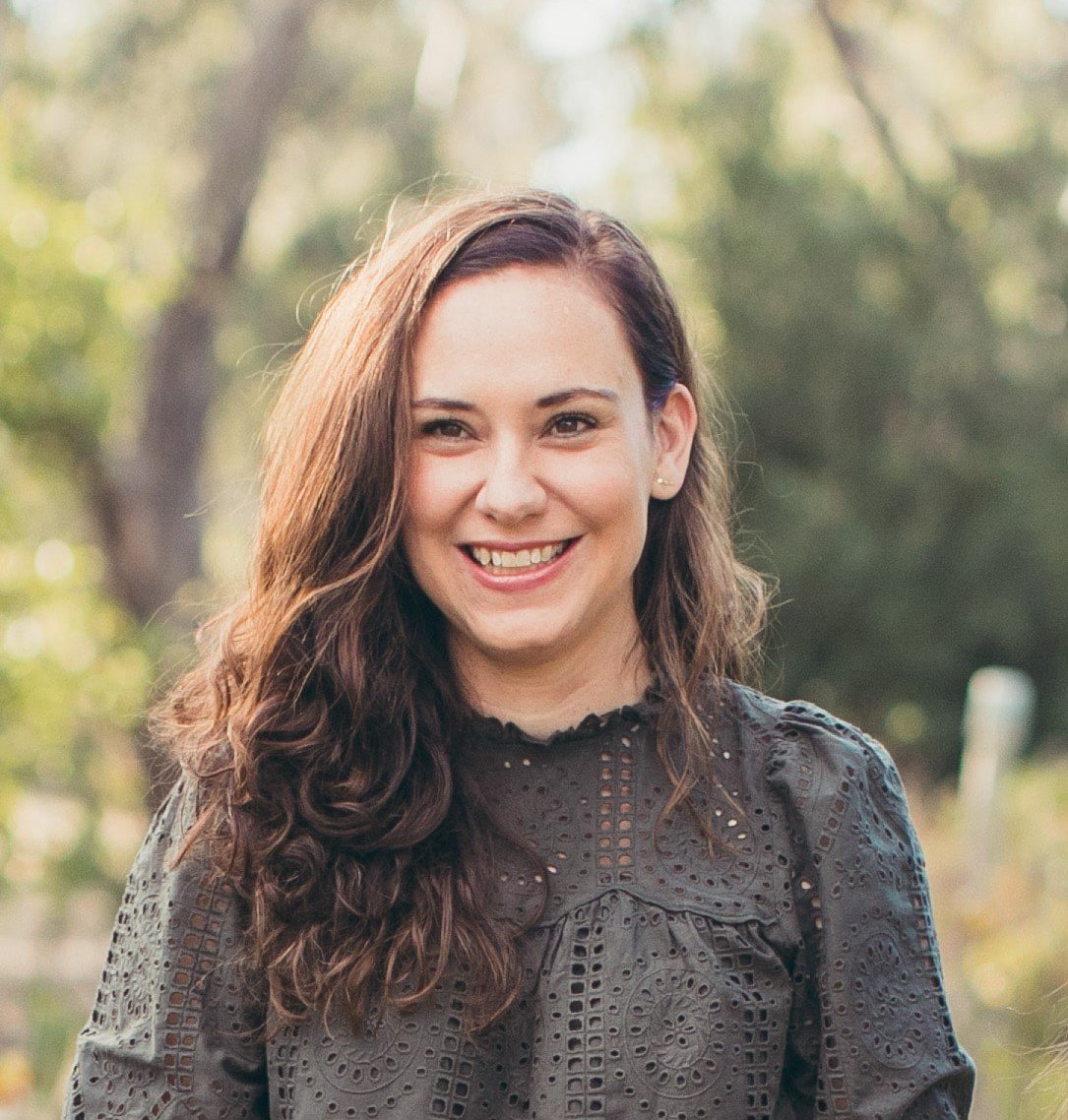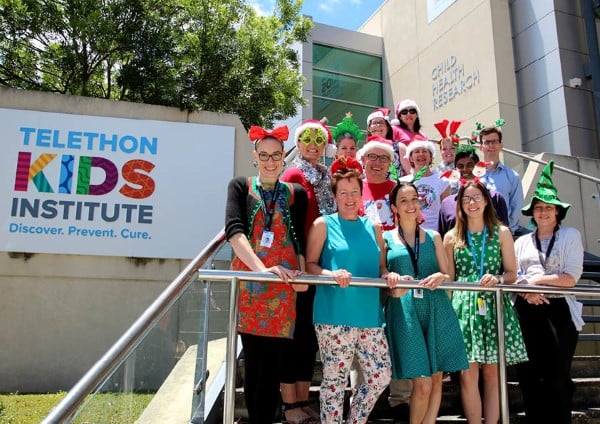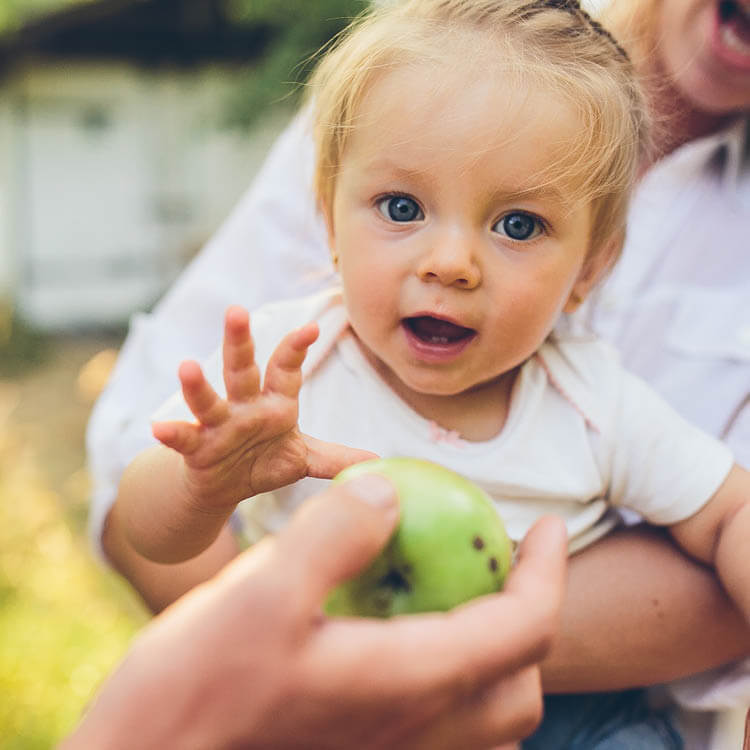Search
Contact us If you'd like to get in touch, please contact us by phone or email. Phone: 0400 450 240 Email: vtg@thekids.org.au Pneumococcal disease is

News & Events
Maths, modelling and RSV: the unique combo driving virus preventionThe Kids Research Institute developed a world-first RSV transmission model using real data to predict the impact of WA’s immunisation program for young children.

Wrap up of the people, projects and updates from 2017 in the Vaccine Trials Group research area, and Dr Peter Richmond.
Contact us If you'd like to get in touch, please contact us by phone or email. Phone: 0400 450 240 Email: vtg@thekids.org.au Respiratory Syncytial

Meningococcal disease is caused by the bacteria Neisseria meningitidis, or 'meningococcus'. It's an uncommon but very serious disease that can result in death.
The Wesfarmers Centre is pleased to announce the successful recipients for the 2021 Round 2 Seed Funding Grants. Julie Hibbert | Validating a
Research
An overview of risk factors, management and prevention of cochlear implant infectionsWith cochlear implantation becoming increasingly performed worldwide, an understanding of the risk factors, preventive measures, and management of cochlear implant (CI) infection remains important given the significant morbidity and cost it conveys.
Research
Validity of using a semi-automated screening tool in a systematic review assessing non-specific effects of respiratory vaccinesThe abstract screening process of systematic reviews can take thousands of hours by two researchers. We aim to determine the reliability and validity of Research Screener, a semi-automated abstract screening tool within a systematic review on non-specific and broader effects of respiratory vaccines on acute lower respiratory infection hospitalisations and antimicrobial prescribing patterns in young children.
Research
Characterising the SARS-CoV-2 nucleocapsid (N) protein antibody responseSARS-CoV-2 nucleocapsid (N) protein antibodies can be used to identify the serological response to natural infection in those who have previously received a COVID-19 spike-based vaccine. Anti-N antibody responses can also be induced by inactivated whole SARS-CoV-2 virus vaccines, such as CoronaVac. We aimed to characterise antibody responses to the N protein following COVID-19 and following vaccination with CoronaVac.
Research
Drug-resistant gram-negative bacterial infections in children in the Oceania region: review of the epidemiology, antimicrobial availability, treatment, clinical trial and pharmacokineticGram-negative bacterial infections remain a major cause of morbidity and mortality in children and neonates globally, compounded by the rise of antimicrobial resistance. Barriers to paediatric antibiotic licencing lead to reduced availability of potentially effective agents for treatment. For children and neonates in the Oceania region, specific challenges remain including a paucity of surveillance data on local rates of antimicrobial resistance, and lack of availability of newer, more costly agents.
